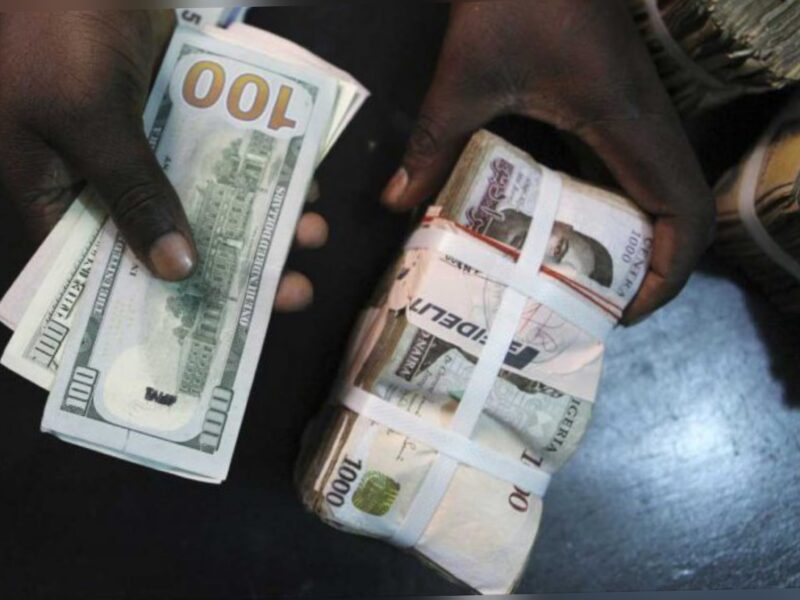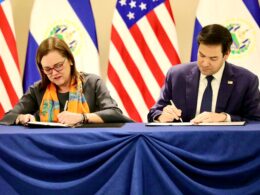Abuja, Nigeria – The Nigerian naira continued its downward trend midweek, depreciating further against the US dollar in both the parallel and official foreign exchange markets.
The local currency fell to N1,570/$1 on Wednesday, weakening from N1,565/$1 recorded on Tuesday in the parallel market. This decline follows Monday’s rate of N1,560/$1, indicating persistent pressure on the naira.
A Bureau De Change (BDC) operator in Wuse Zone 4, Abuja, confirmed the latest exchange rate movements, attributing the depreciation to rising demand for the dollar and limited supply.
Naira Weakens in Official Market
Similarly, in the official market, the naira lost further value. It closed at N1,502.00/$1 on Monday before weakening to N1,513.10/$1 by Tuesday.
Trading data from Tuesday showed that the currency was bought at N1,498.78/$1 and sold at N1,499.78/$1, highlighting continued pressure on the exchange rate.
Depreciation Against Other Currencies
The naira’s decline was not limited to the US dollar, as it also weakened against the British pound and the euro in the parallel market. The exchange rates over the past three days were as follows:
| Date | GBP (Parallel Rate) | Euro (Parallel Rate) |
|---|---|---|
| 10-Feb-25 | N1,955.00 | N1,620.00 |
| 11-Feb-25 | N1,950.00 | N1,595.00 |
| 12-Feb-25 | N1,975.00 | N1,600.00 |
Market Outlook and Policy Interventions
The continuous depreciation signals ongoing volatility in Nigeria’s foreign exchange market. Analysts believe that while the Central Bank of Nigeria (CBN) has introduced measures to stabilize the currency, forex demand pressures, speculative activities, and liquidity concerns remain significant challenges.
Market experts predict that unless there is substantial intervention from the apex bank or a boost in forex liquidity, the naira may continue to weaken in the short term. Key factors influencing the currency’s trajectory include foreign portfolio inflows, external reserves management, and government policies.
To address forex challenges, stakeholders are urging a strategic approach focused on boosting non-oil exports, improving forex inflows, and restoring confidence in the financial system.
The naira has lost 70% of its value against the US dollar since authorities loosened foreign exchange controls in 2023. In response, the CBN has enacted several measures, including stricter regulations for Bureau De Change operators and increasing dollar liquidity in the official market.
CBN Governor Olayemi Cardoso recently warned of severe consequences for violations of the Nigeria Foreign Exchange (FX) Code, reaffirming the apex bank’s commitment to ensuring ethical practices and transparency in the foreign exchange market.
As fluctuations persist, businesses and individuals reliant on forex transactions face increasing uncertainty in Nigeria’s economic landscape.










Join our Channel...